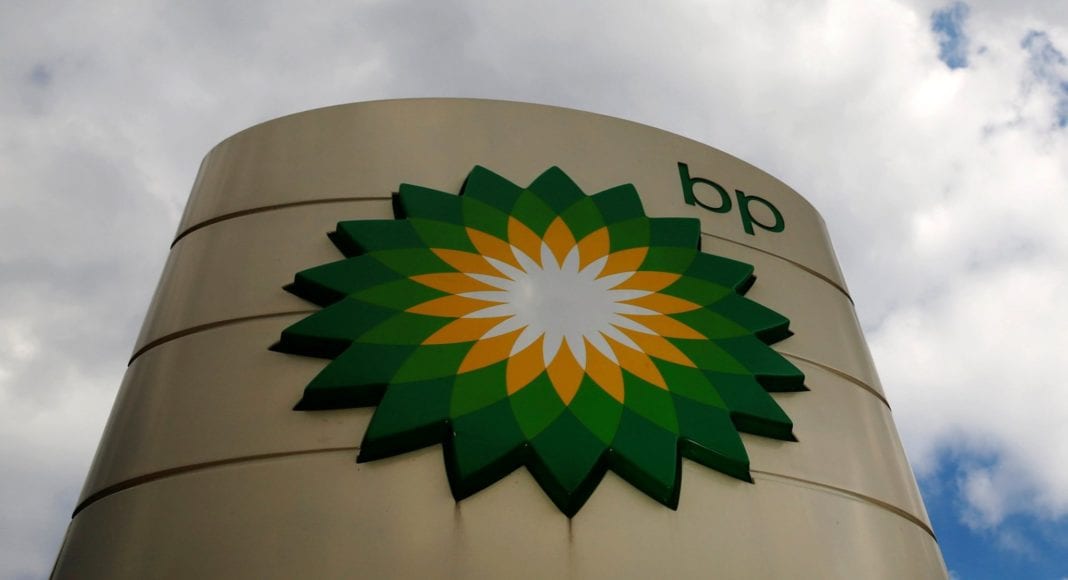Oil major BP’s major gas discovery at the Orca-1 exploration well, which is located in the BirAllah area in Block C8 offshore Mauritania, could be the largest deepwater find this year.
The well, located in the BirAllah development, was drilled in 2,510 meters of water to a total depth of 5,266 meters and encountered 36 meters of net gas pay in excellent quality reserves, exceeding pre-drill expectations
With the potential to support a large-scale LNG project, this discovery boosts the region’s competitiveness and development of its LNG and gas industries.
Partners in the BirAllah development include Kosmos, BP and Mauritania’s national oil company, Société Mauritanienne des Hydrocarbures et de Patrimoine Minier.
“Orca-1, which we believe is the largest deepwater hydrocarbon discovery in the world so far this year, further demonstrates the world-scale quality of the Mauritania gas basin,” said Kosmos’ Chairman and Chief Executive Officer, Andrew G. Inglis.
Kosmos said it sees potential to extract 50 trillion cubic feet of gas in the Orca and Marsouin finds.
“With sufficient resource in place at the BirAllah hub, Kosmos looks forward to working with the Government of Mauritania and its partners to bring benefits to the people of Mauritania through the development of cost-competitive, low carbon intensity projects,” he said.
Commenting the discovery, Lennert Koch, principal analyst, sub-Sahara Africa upstream, at Wood Mackenzie, said, “Orca-1 de-risks up to 50 tcf in the BirAllah area plays, which are in the same fairway as the Greater Tortue Ahmeyim and Yakaar gas discoveries. It also provides options on what to develop first.”
Koch said nevertheless, each is faced with a major monetisation challenge. “Mauritania has no domestic gas market to speak of. There are plans to further develop Senegal’s gas market, but this will not be sufficient to develop these deepwater gas resources. The main way out will be liquefied natural gas (LNG).”
Earlier this year, Kosmos shared that it had begun the process of selling down its interest in the Mauritania-Senegal basin, however, as a result of this discovery, the firm said it is extending its timeline of the sell-down process to 2020, “giving potential bidders additional time to analyze the new data.”



